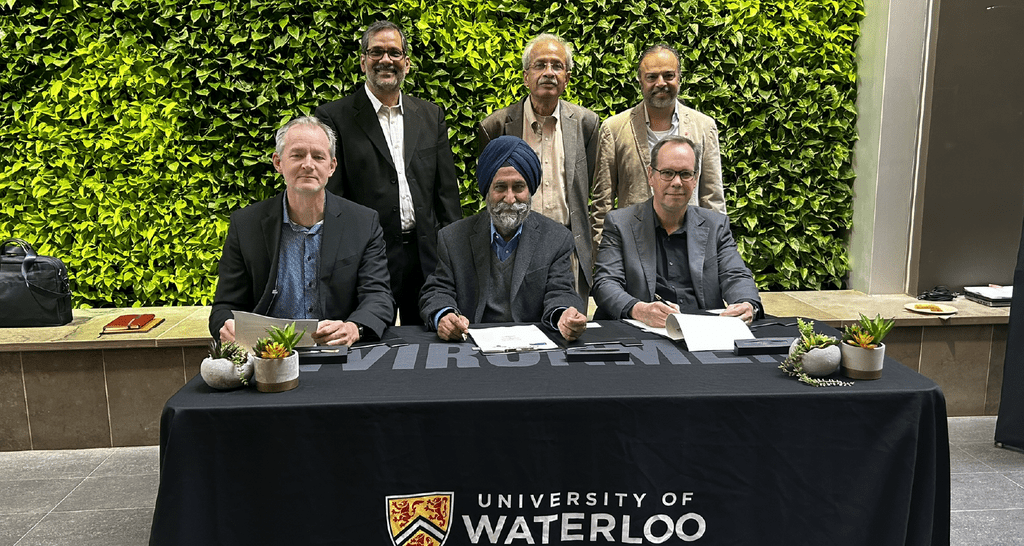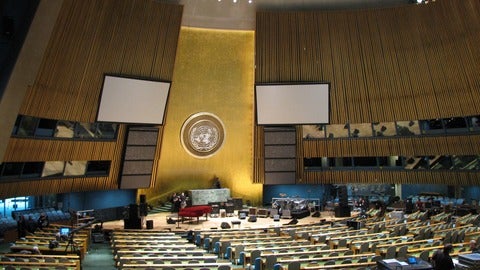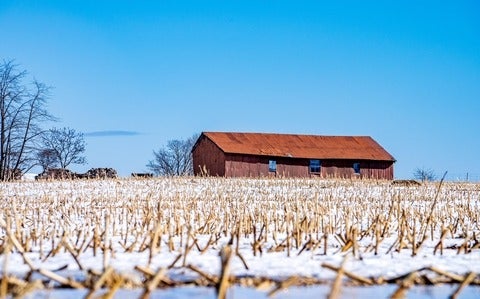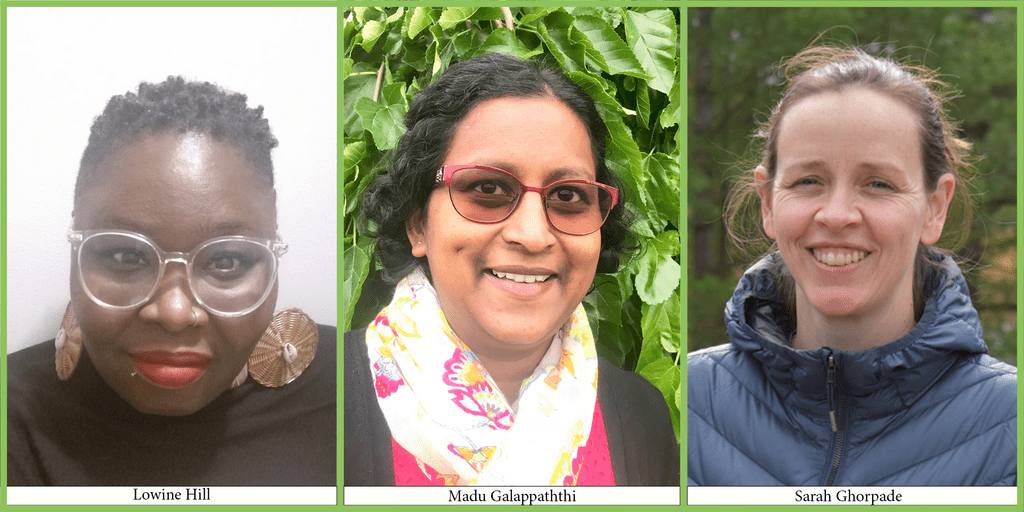The science of happiness meets sustainability
Introducing a new collaboration between the Rekhi Foundation for Happiness and the University of Waterloo, aimed at exploring the science of happiness. This partnership, represented by Waterloo's Faculty of Environment, seeks to integrate happiness research with sustainability efforts. This initiative reflects a shared vision of fostering well-being and sustainability through scientific understanding.
